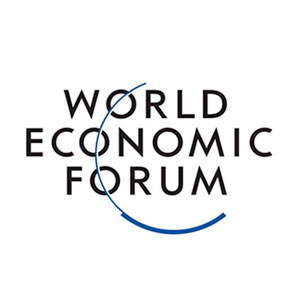
Harnessing Public-Private: Cooperation to Deliver the New Urban Agenda
Our research director, Rob Muggah, contributed to this publication of the World Economic Forum on the use of public-private partnerships in the delivery of the New Urban Agenda.

Our research director, Rob Muggah, contributed to this publication of the World Economic Forum on the use of public-private partnerships in the delivery of the New Urban Agenda.
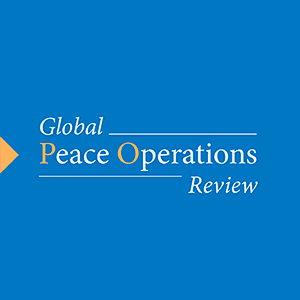
Adriana Erthal Abdenur and Rob Muggah contributed to the annual compilation of global peace operations review of the Center on International Cooperation
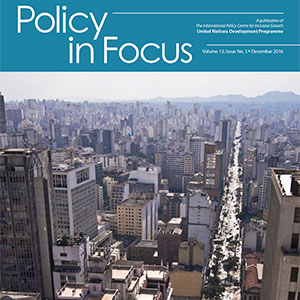
In collaboration with UNDP, the Igarapé Institute has launched a new publication on cities and development
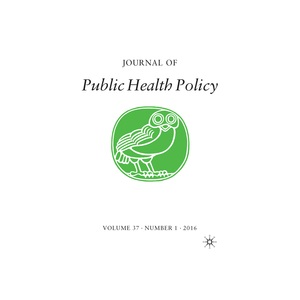
this publication provides an overview of the Sustainable Development Goals as they relate to violence prevention.
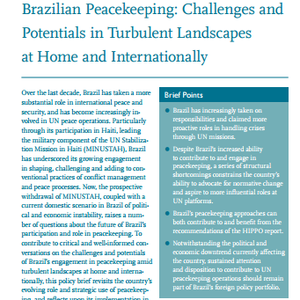
This policy brief revisits the country’s evolving role and strategic use of peacekeeping.
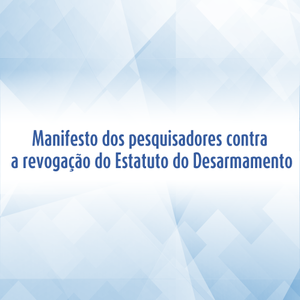
Fifty-seven researchers from public safety sign this manifesto against the Bill 3722/12.
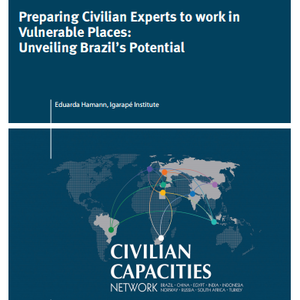
This brief examines Brazil’s potential for preparing civilian experts to work in unstable contexts.
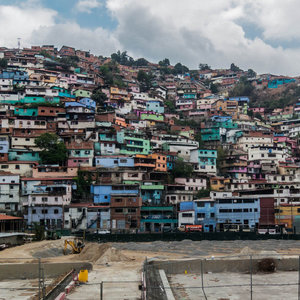
This publication presents strategies that help enhance resilience in cities experiencing fragility.
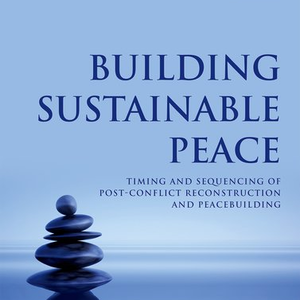
This book offers some fact based approaches to building sustainable peace.
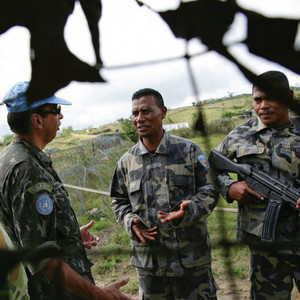
This Strategic Note identifies key thematic features of Brazil’s long history of United Nations operations, from the first one, in 1947, through present-day operations around the world.

The following report examines ways that companies can mitigate the risks of investing in fragile settings.
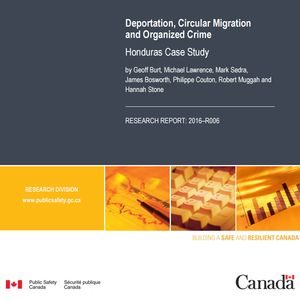
This research report examines the impact of criminal deportation to Honduras on public safety in Canada.
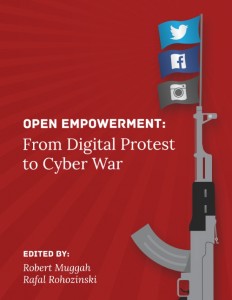
This book shines a light on digital protest and cyber crime from Argentina, Brazil and Colombia to El Salvador and Mexico.
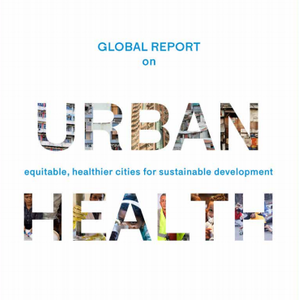
This timely report comes at a decisive moment in history where we can reshape urban environments and health systems.
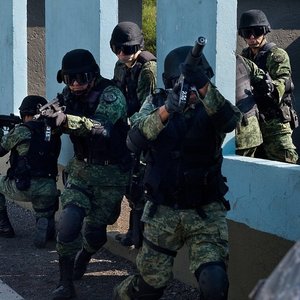
This article considers the digital ecosystem linking gangs in San Diego, Tijuana and more widely across Mexico and other parts of Latin America.
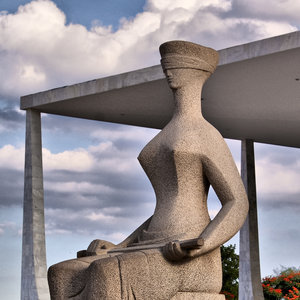
This text analyzes Brazil’s internal issues on justice and security agendas.
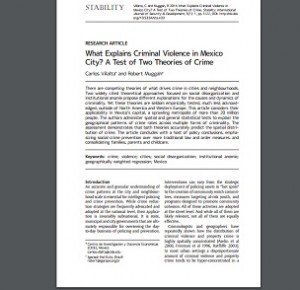
What Explains Criminal Violence in Mexico City? A Test of Two Theories of Crime There are competing theories of what drives crime in cities and neighbourhoods. Two widely cited theoretical approaches focused on social disorganization and institutional anomie propose different explanations for the
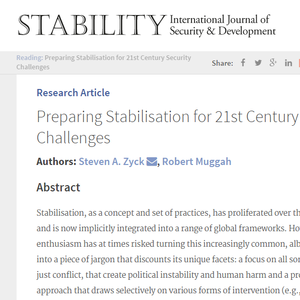
Stabilisation, as a concept and set of practices, has proliferated over the past two decades and is now implicitly integrated into a range of global frameworks
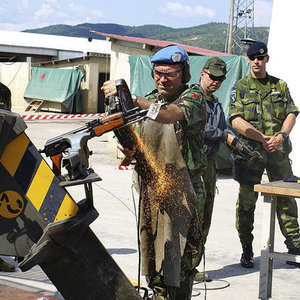
The disarmament, demobilization, and reintegration (DDR) of former combatants is a mainstay of the contemporary post-war peace agenda
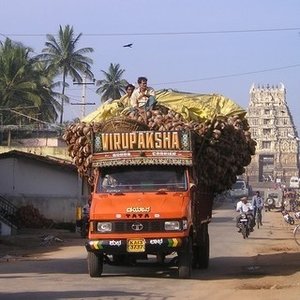
India has reached the second largest number of homicides in the world, which policies should be applied in order to reverse these statistics?

The Cape Town Dialogue included a number of in-depth discussions about crime and violence prevention in urban communities.
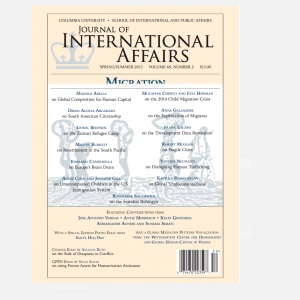
After more than a century of steady city expansion in northern countries, the direction of twenty-first century population growth is shifting southwards. Over the next five decades, Africans, Arabs, and Asians will migrate in unprecedented numbers to cities, especially to their slums. Many of these
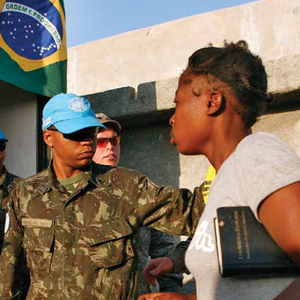
This briefing examines Brazil’s position on the inclusion of peace within the post-2015 development agenda and also engages with some of the arguments that Brazil has made to date.

Deconstructing the fragile city: exploring insecurity, violence and resilience An emerging social category – the fragile city – can be described as a discrete metropolitan unit whose governance arrangements exhibit a declining ability and/or willingness to deliver on the social contract. Fragility is thus no
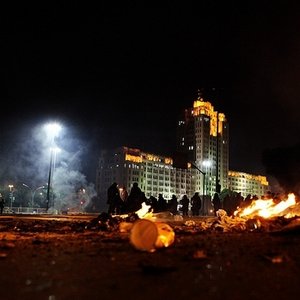
Humanitarian agencies are questioning when and how to engage with violent urban settings. This article presents possible ways to solve this question.
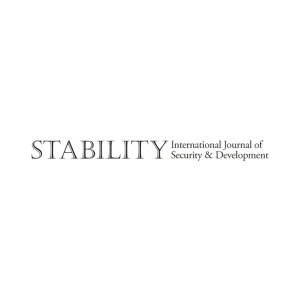
The special collection – Citizen Security Dialogues: Dispatches from Mexico – features original research from Mexico’s leading security and justice experts.
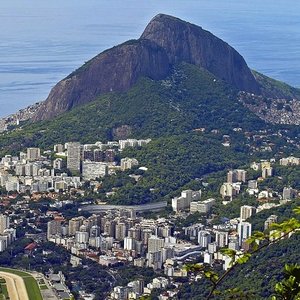
The article introduces a basic typology to conceptualize various types of internal displacement in Brazil.
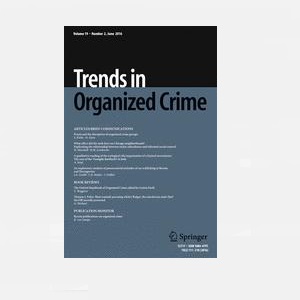
15/04/2014 Violent disorder in Ciudad Juarez: a spatial analysis of homicide This article considers the extent to which specific demographic and socioeconomic factors correlate with homicidal violence in the context of Mexico’s “war” on organized crime. We draw on Ciudad Juarez as a case study

[In Portuguese] In a collective statement, experts ask for the Brazilian government to work with a universal and inclusive agenda that has at its center, security and development of the poorest accordindg to Susteinable Development Objectives (SDO).
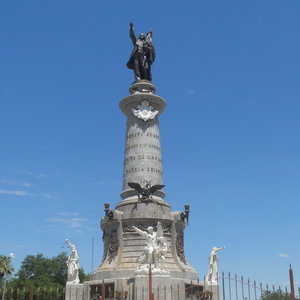
This article considers the extent to which specific demographic and socioeconomic factors correlate with homicidal violence in the context of Mexico’s “war” on organized crime.

O Instituto Igarapé utiliza cookies e outras tecnologias semelhantes para melhorar a sua experiência, de acordo com a nossa Política de Privacidade e nossos Termos de Uso e, ao continuar navegando, você concorda com essas condições.

